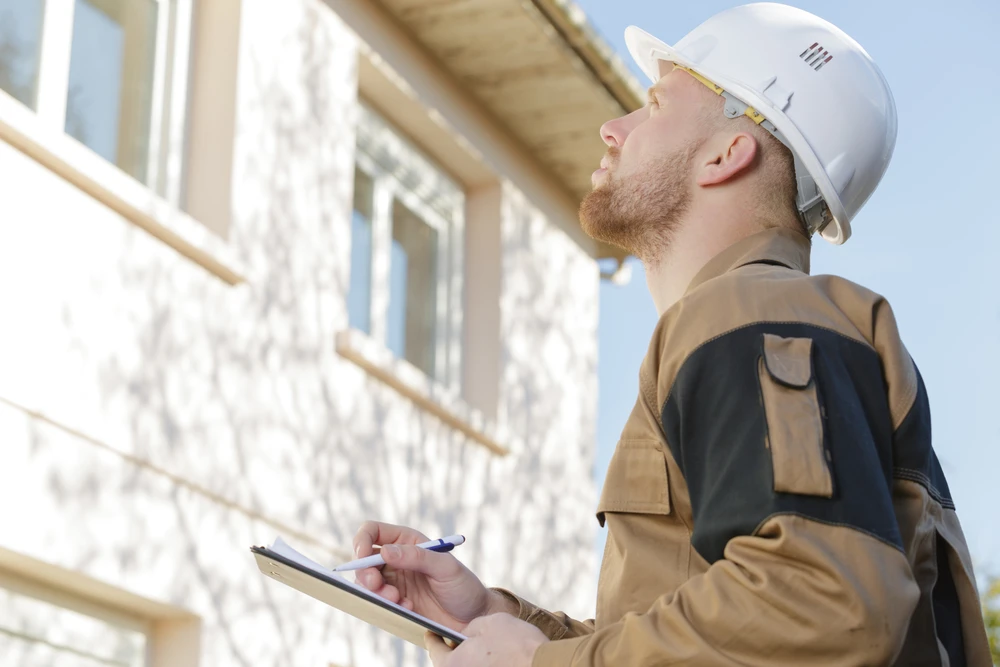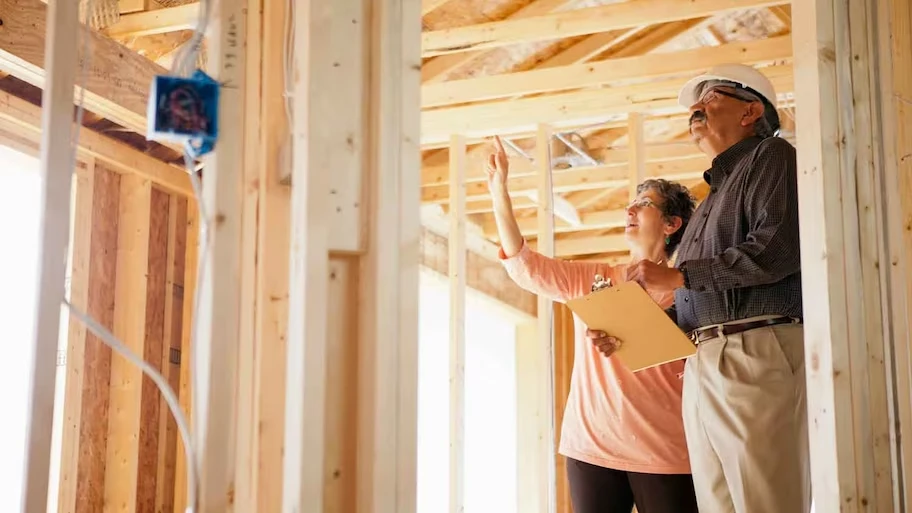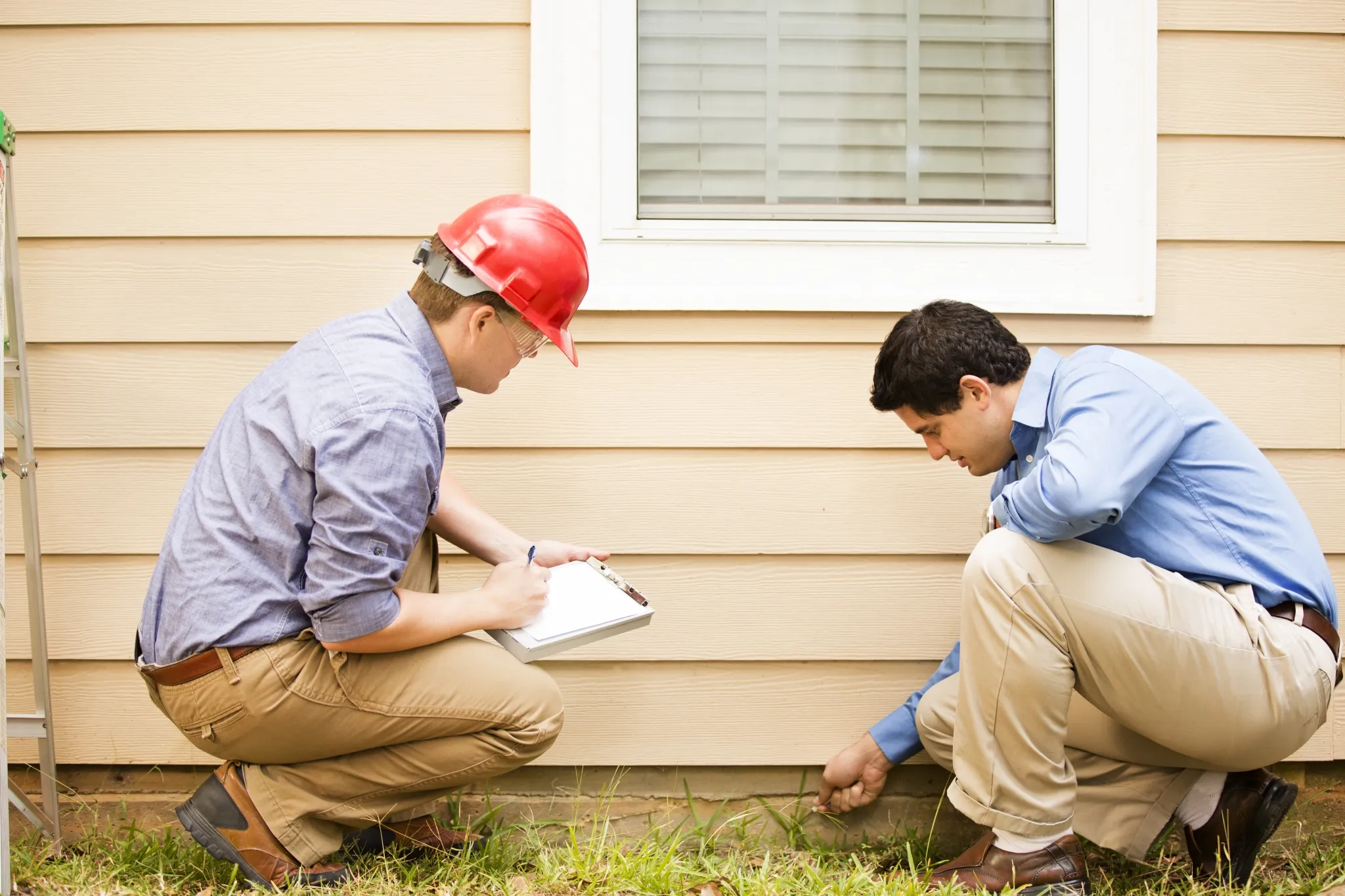Home Inspection Services
What is involved in the process of a home inspection?
The process of a home inspection begins with a visual examination of the property’s exterior, including the roof, siding, windows, and foundation. The inspector then moves inside to assess the structural integrity of the home, checking for any signs of damage or wear. Key systems, such as electrical, plumbing, heating, and cooling, are thoroughly evaluated to ensure they are functioning properly and meet current safety standards.
The inspector will also check the attic, basement, and crawl spaces for insulation quality, moisture issues, and ventilation concerns. Throughout the inspection, the inspector documents any defects, potential hazards, or areas that require further investigation. Once the inspection is complete, the inspector compiles a comprehensive report that details their findings, including photos and recommendations for repairs or maintenance. This report is essential for both buyers and sellers, providing a clear understanding of the home’s condition and any issues that may need to be addressed.
What long-term benefits can you expect from a professional home inspection
A professional home inspection offers long-term benefits, including peace of mind, protection of your investment, and the ability to plan for future maintenance. For buyers, an inspection ensures that you are aware of any potential problems before finalizing the purchase, allowing you to negotiate repairs or price adjustments. For sellers, an inspection helps identify issues that could delay or derail a sale, giving you the opportunity to make necessary repairs beforehand.
Additionally, the inspection report serves as a valuable reference for ongoing home maintenance, helping you prioritize repairs and avoid costly surprises down the road. Ultimately, a home inspection is a crucial step in safeguarding your investment and ensuring that your home remains safe, comfortable, and in good condition.
FAQs
How long does a home inspection typically take?
A typical home inspection takes between two to four hours, depending on the size and condition of the property. Larger or older homes may require more time, especially if additional inspections, such as for radon or pests, are needed.
What should I do to prepare for a home inspection?
To prepare for a home inspection, ensure that the inspector has easy access to all areas of the home, including the attic, basement, and crawl spaces. Clear away any clutter, unlock gates or doors, and provide access to utility areas like electrical panels and water heaters.
Can I attend the home inspection?
Yes, it’s highly recommended that buyers attend the home inspection. This allows you to ask questions, gain a better understanding of the property’s condition, and see any issues firsthand as the inspector points them out.
What happens if the inspection reveals significant issues?
If the inspection reveals significant issues, buyers can negotiate with the seller to have the repairs made, request a reduction in the sale price, or even choose to walk away from the deal. Sellers can decide whether to address the issues before listing or adjust the asking price accordingly.
Is a home inspection required when selling a home?
While a home inspection is not legally required when selling a home, it is highly recommended. It can help you identify and address potential issues before they become deal-breakers for buyers, making the sale process smoother and potentially increasing the property’s value.







